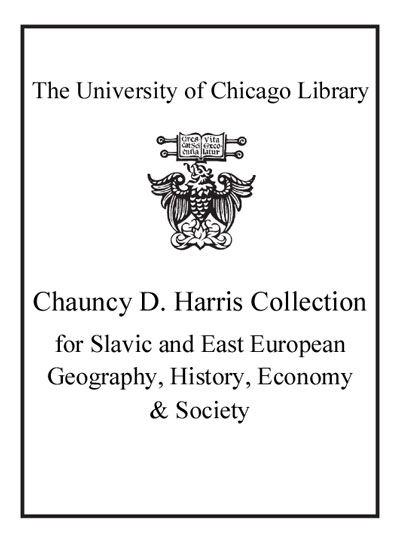Review by Choice Review
Cracraft (Univ. of Chicago) concludes his substantial thesis that Peter the Great's revolution was fundamentally cultural (The Petrine Revolution in Russian Architecture, CH, Jul'89, 26-6070; The Petrine Revolution in Russian Imagery, CH, Jul'98, 35-6034) with this third volume arguing that deliberate Europeanization of language reflected more than an intrusive royal power bent on military and political modernization. By resolving a crisis in Russia's literate culture, Peter's language reform expanded beyond the sphere of the state to clear the way for meaningful entry into the European world. An extensive introduction leads to chapters on the linguistic aspect of naval, military, and bureaucratic modernization, followed by one on the far-reaching questions of science and literature. The analytic section ends with a chapter on the "language question" (Russian versus Church Slavonic) and a persuasive conclusion rich in provocative insights. Appendixes offer 40 facsimile texts and a 1,000-word vocabulary of European terms permanently introduced into Russian during the Petrine era. Extensive notes and a core bibliography support an impressive, excellent work of scholarship. Without a doubt, Cracraft's is now the best and most imaginative interpretation of Peter's historical importance and the one on which future scholars will build. Undergraduates and general readers should consult Cracraft's slimmer work, The Revolution of Peter the Great (CH, Jun'04, 41-6083). ^BSumming Up: Essential. Graduate students/faculty. E. A. Cole Grand Valley State University
Copyright American Library Association, used with permission.
Review by Choice Review

